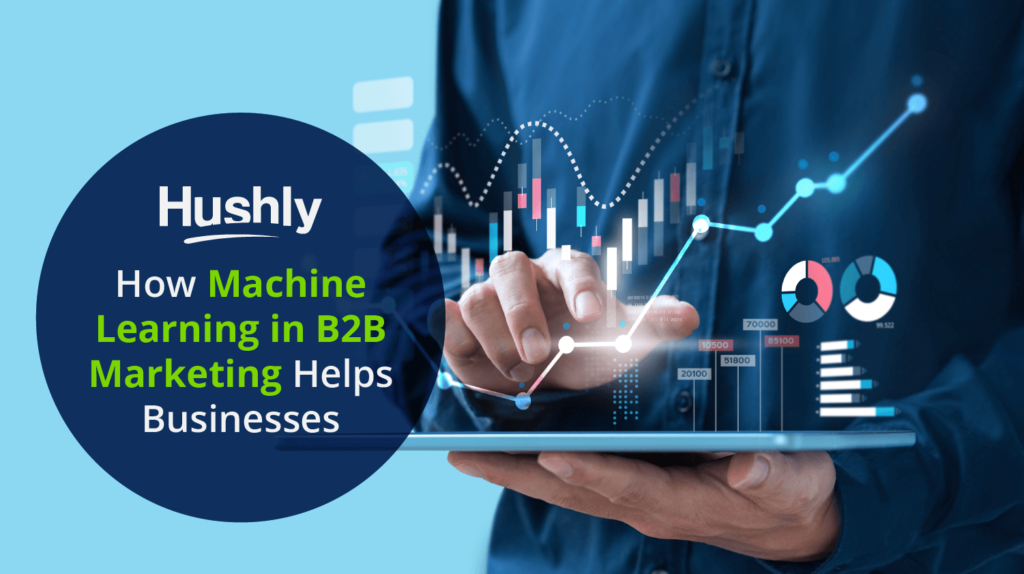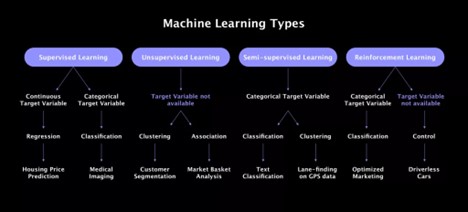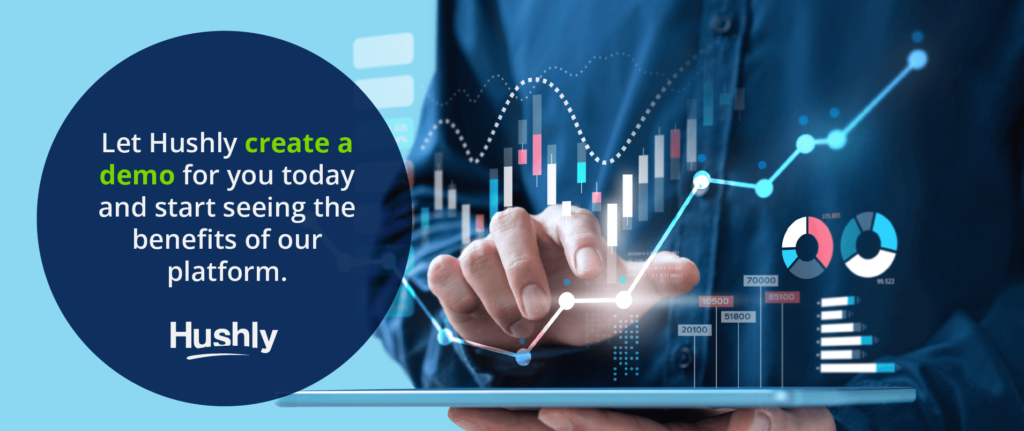Filters
Content Type
Topic
How Machine Learning in B2B Marketing Helps Businesses
Those who embrace the forward march of technology are rewarded with massive boosts in efficiency and quality. The field of B2B marketing is no exception.
In the past several years, machine learning algorithms have been developed which allow computer systems to mimic human learning on superhuman scales. Researchers and computer scientists are just scratching the surface of the possible utility of these systems, but promising use cases have already been discovered in fields as diverse as healthcare, finance, and weather forecasts.
How can B2B marketers make use of these powerful algorithms to help make their lives easier and their messages more effective?
We’ll discuss what you need to know about machine learning in B2B marketing in today’s guide.

What Is Machine Learning?
Machine learning (ML) is a field of computer science that involves feeding data to computer systems and then using algorithms that allow the system to make predictions or take action.
Machines learn similarly to humans. For example, a young student who is just learning addition for the first time eventually can predict the outcome of any simple addition equation, even ones they’ve never seen before. Machines do the same thing, only far more efficiently.
Computers use complex algorithms to “learn” at a much faster rate than our human brains are capable of. This makes machine learning a powerful tool for automating tasks such as image and speech recognition or fraud detection.
Different Types of ML Algorithms
ML is still a burgeoning field of computer science. In the next several years, new types of algorithms will be developed, each with its pros and cons for marketers.
Here are a few of the most common ML algorithm types today so you can be familiar with their functions and get a feel for how you might use them:
- Supervised Learning Algorithms: These are trained on data that is labeled by the user so that the variables are known in advance. They are used to make predictions on new data based on what the system has learned from the input data.
- Unsupervised Learning: These are trained on data that is unlabeled so that the variables are unknown in advance. They can be used to identify patterns within the data without being given specific examples of what to look for.
- Reinforcement Learning: These algorithms learn by receiving feedback in the form of rewards or penalties based on the predictions they make. They are used to direct a system toward a desired behavior.

How B2B Marketers Use Machine Learning in B2B Marketing
Today, the best uses of machine learning algorithms are for tasks that require lots of repetition and benefit from increased accuracy. The fact that computers can perform these tasks far more efficiently than humans makes them perfect avenues to exploit this emerging technology.
Marketers spend a lot of time on repetitive tasks that can be better performed by a strong ML algorithm. Here are a few examples.
Data Analysis
Perhaps the strongest use of ML is to enable a computer to dig through reams of complex data quickly. Where a human could spend hours combing through information trying to spot patterns, an ML algorithm could accomplish the same task—with better quality—in just a few minutes.
One example of this is sentiment analysis. ML models can analyze customer feedback across any number of channels to gauge sentiment and report on trends. Marketers use this data to drive messaging and even influence product development.
Customer Segmentation
Marketers use supervised ML to better segment customers. By training an ML algorithm on the types of customers the business wants to target, the system learns to recognize them and the best way to reach them.
That’s not the only way ML helps segmentation, however. Marketers also use unsupervised ML algorithms to segment customers for them. This not only leads to better and more accurate segments but also reveals new customer segments that your business wasn’t targeting before.
Optimizing Marketing Campaigns
One key advantage of ML over a human is that the algorithm is far more efficient at learning and recognizing patterns. ML tests far more variables at one time and reports back accurately on its results.
When it comes to designing and optimizing marketing campaigns, this is powerful feedback that allows marketers to home in on the most effective messaging far more quickly than if they were simply A/B testing on their own.
Using ML to optimize and automate marketing campaigns is a quick way to boost ROI and deliver the best marketing campaigns to convert buyers.
Personalization for ABM Campaigns
Hushly is a big proponent of personalized, 1:1 account-based marketing for B2B marketers. The best ABM campaigns are those that are personalized for your targeted buyer. For example, check out our free B2B case study PDF and see how we were able to help NVIDIA personalize its complex messaging.
ML algorithms help the personalization process by learning about your ideal customers and how best to communicate with them. Machine learning models are used to personalize messages and offers, and improve customer engagement to boost conversion rates.
Predicting Consumer Behavior
Your B2B pipeline needs to keep moving. Identifying when customers are ready to make purchases is a big step toward converting them as efficiently as possible so you can begin the process of keeping them as a customer for years to come.
ML algorithms can be trained to predict customer behavior using past data. With incredible accuracy, these systems learn to identify which of your prospects are most ready to buy now based on factors like past purchasing behavior, website interaction, interaction with marketing messages, and even external factors such as holidays or economic trends.
ML can also identify which prospects are likely to churn, giving you the best chance to save the sale or cut your losses and move on to the next.
Optimizing Lead Nurture
A personalized landing page that displays relevant content to your buyer is a simple way to reduce friction and increase conversions.
An ML algorithm can be trained to identify what the best content to display to each buyer will be based on intent data. Then, it can automatically personalize your landing pages so that every buyer receives a rich and contextual buyer journey from the beginning.
The process of optimizing your landing pages will be ongoing as long as buyers and the marketplace keep evolving. ML can help you continually optimize your lead nurturing so you’re always ahead of the curve.
Hushly Provides the Benefits of ML For Your Marketing Operation Starting Today
From personalized landing pages to custom 1:1 ABM campaigns, Hushly has experience helping marketers grow their businesses using proven AI and ML tools.
Our simple-to-use, drag-and-drop system requires no internal developer and can be customized for any buyer within just a few minutes. This results in a scalable, optimizable marketing platform perfect for any business ready to grow. Brands use Hushly to enrich buyer experiences and maximize conversion rates.
Let Hushly create a demo for you today and start seeing the benefits of our platform.
The post How Machine Learning in B2B Marketing Helps Businesses appeared first on Hushly.



